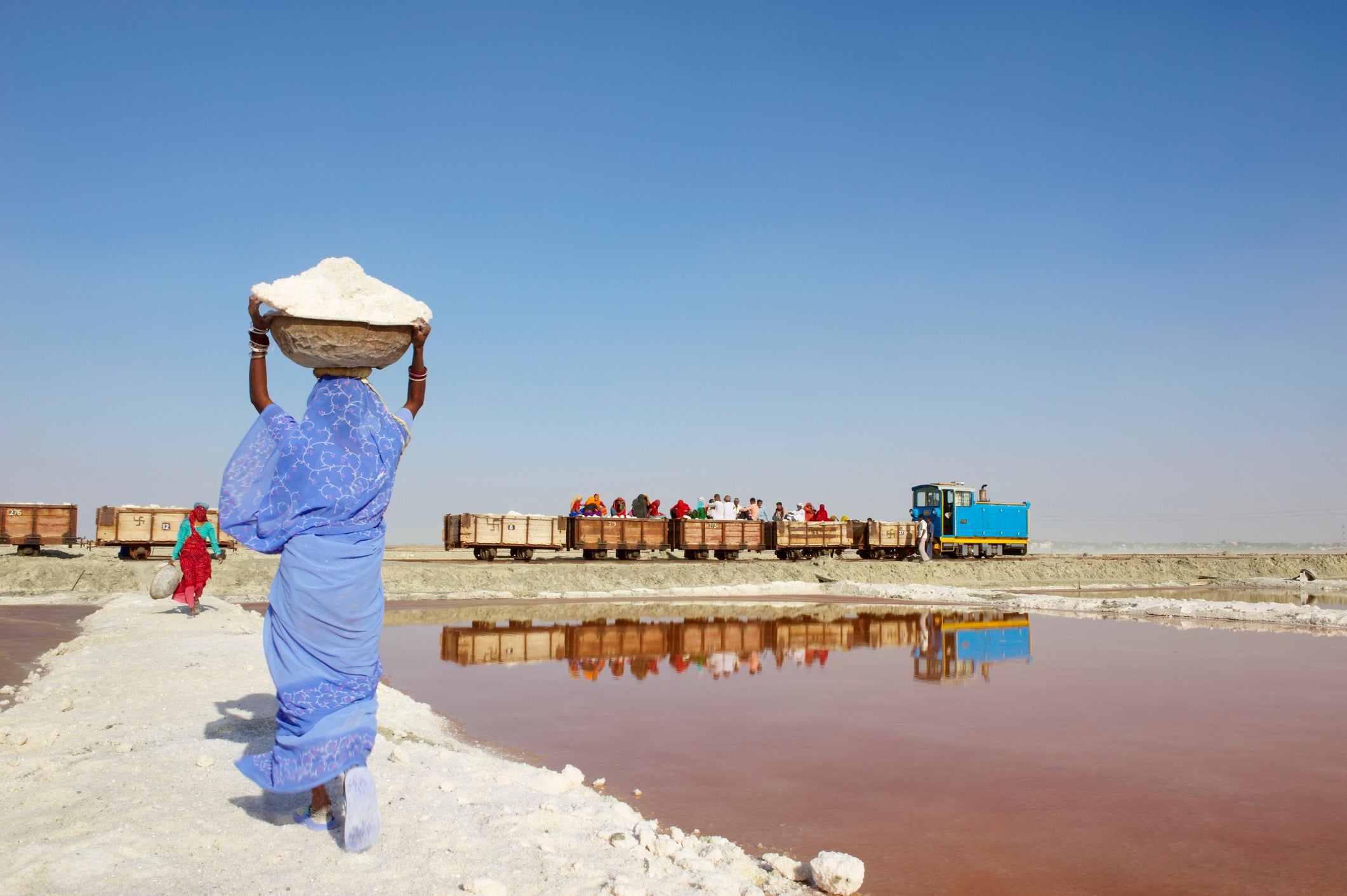
The Indian Ministry of Mines reported the discovery of 5.9 million tonnes of inferred lithium ore on their Twitter on Thursday.
This deposit alone makes India the country with the fifth-largest lithium reserves in the world. The deposit, lies in the Reasi district in the Indian state Jammu and Kashmir.
Lithium is used in the production of batteries for electronic vehicles (EVs), solar panels and electronic devices. Production of minerals necessary for the clean energy transition could increase by as much as 500% between 2020 and 2050 according to the World Bank.
Geological Survey of India has for the first time established 5.9 million tonnes inferred resources (G3) of lithium in Salal-Haimana area of Reasi District of Jammu & Kashmir (UT).@GeologyIndia
— Ministry Of Mines (@MinesMinIndia) February 9, 2023
1/2 pic.twitter.com/tH5uv2BL9m
According to the International Lithium Association, demand is set to increase 6-fold between 2021 and 2040, due to growing interest in EVs and renewable technologies.
This is the first major discovery of lithium in India with the only other being a small deposit of 1600 tonnes found in Karnataka two years ago.
As India seeks to become a major competitor in the development of EVs this discovery could improve their standing.
India is currently reliant on imports of lithium for its manufacturing sector, principally from Argentina, Chile and Australia. Imported lithium forms around 80% of the total lithium used in the country.
Discovery could break open the “lithium triangle”
This discovery could draw dominance away from the “lithium triangle”, made up of Chile, Argentina and Bolivia. Approximately, 75% of the world’s lithium supply lies beneath the salt flats of these three nations.
The Indian government has celebrated the discovery as part of president Modi’s movement towards “aatmanirbhar”, a slogan roughly translating to “self-reliance”.
While lithium is associated with efforts towards carbon neutrality, experts have cautioned against the environmental impacts of the mine itself. The Himalayan region between Jammu and Kashmir is an eco-sensitive region, mining could lead to a loss of biodiversity. Ecologically sensitive zones are designated by the Ministry of Environment Forests and Climate Change in India. In these areas, often surrounding national parks, commercial activities are restricted to ensure their protection.



